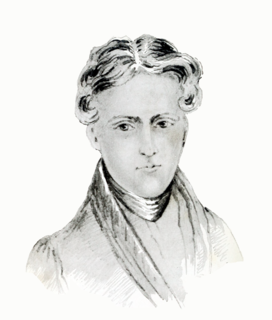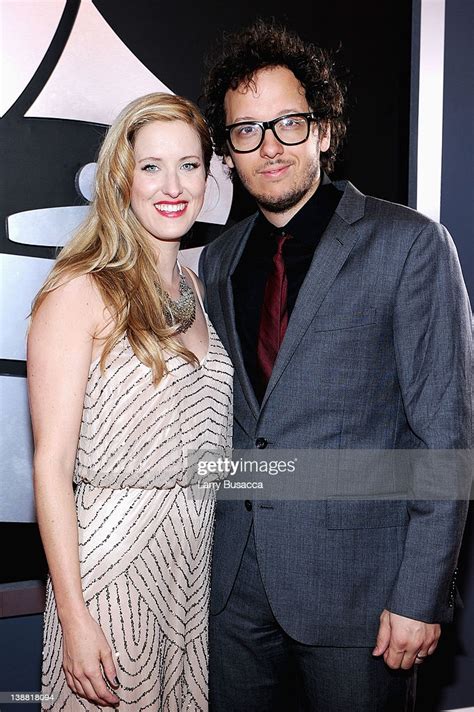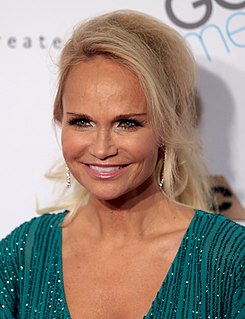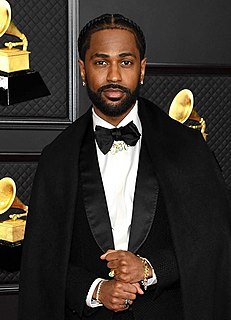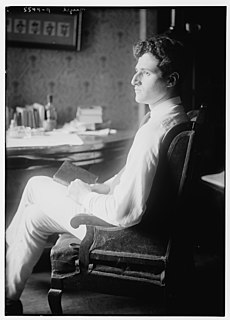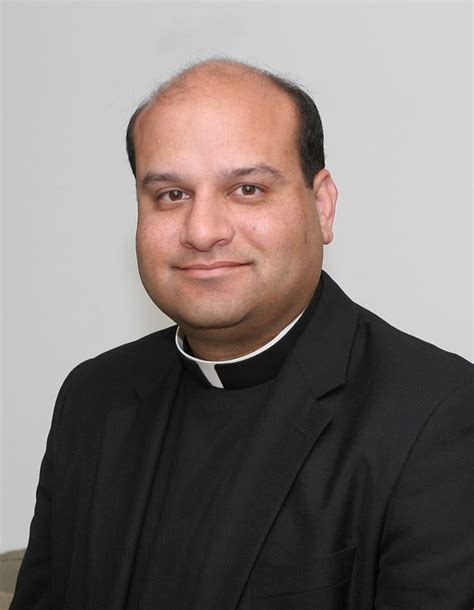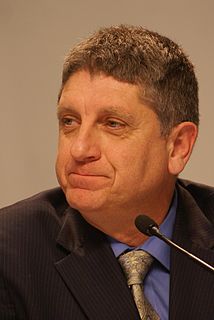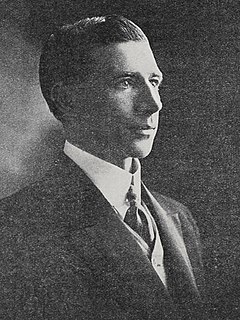A Quote by Robert Murray M'Cheyne
The Christian is a person who makes it easy for others to believe in God.
Related Quotes
Because the Christian God is not a lonely God, but rather a communion of three persons, faith leads human beings into the divine communion. One cannot, however, have a self-enclosed communion with the Triune God- a "foursome," as it were-- for the Christian God is not a private deity. Communion with this God is at once also communion with those others who have entrusted themselves in faith to the same God. Hence one and the same act of faith places a person into a new relationship both with God and with all others who stand in communion with God.
I definitely consider myself a Christian. There's things that I believe in, there's things I have a self-belief on. I know I got a great relationship with God and the universe. I just believe in being a righteous person and karma. Doing unto others as you would have done unto you. I really want to help teach that.
In restating this basic Christian doctrine, Benedict argues that it is not only for Christians alone. Others may not share the Christian faith in God, but the Christian proclamation that hope comes from within the person- in the realm of faith and conscience - is for them too. It offers an important protection against stifling and occasionally brutal social systems built on false hopes that come from outside the person, founded on political idealogies, economic models and social theories.
The real issue relating to exclusiveness is whether or not the Christian actually has a relationship with God, a presence of God, which non-Christians do not have. Apart from Christian spiritual formation as described here, I believe there is little value in claiming exclusiveness for the Christian way.
To have Christian hope means to know about evil and yet to go to meet the future with confidence. The core of faith rests upon accepting being loved by God, and therefore to believe is to say Yes, not only to him, but to creation, to creatures, above all, to men, to try to see the image of God in each person and thereby to become a lover. That's not easy, but the basic Yes, the conviction that God has created men, that he stands behind them, that they aren't simply negative, gives love a reference point that enables it to ground hope on the basis of faith.
I have a very traditional Christian faith, so I want to believe that there's a God. But I haven't really thought about it too much. I don't really buy the idea of hell, I struggle a bit with that part of the Christian story, it just seems to be overdoing it. But whether I can choose what I believe and don't believe, I don't know.
You better believe that I want to build a Christian nation, because the only option is a pagan nation. Not that the government can make someone a Christian by decree. A Christian nation would be defined as We acknowledge God in our body politic, in our communities, that the God of the Bible is our God, and, we acknowledge that His law is supreme.
We can think of Lent as a time to eradicate evil or cultivate virtue, a time to pull up weeds or to plant good seeds. Which is better is clear, for the Christian ideal is always positive rather than negative. A person is great not by the ferocity of his hatred of evil, but by the intensity of his love for God. Asceticism and mortification are not the ends of a Christian life; they are only the means. The end is charity. Penance merely makes an opening in our ego in which the Light of God can pour. As we deflate ourselves, God fills us. And it is God’s arrival that is the important event.
Such true worship will stand the test of Christ's great principle, “By their fruits you shall know them”. It sanctifies the Christian's life, and makes them walk with God, lifting them above fear and love of the world. It enables a Christian to show God to other folks. Such worship comes from heaven, and has the mark of God upon it.
